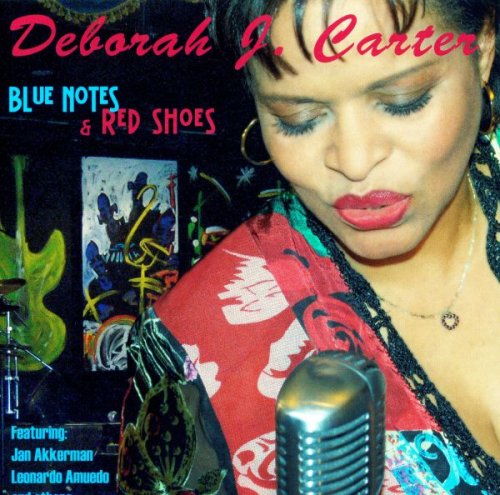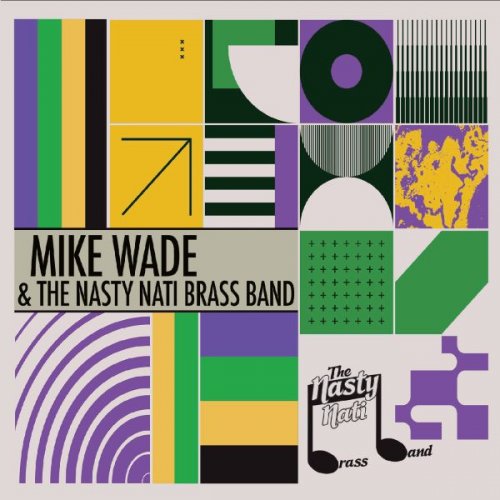Boots Randolph - Music & Highlights: Boots Randolph - The Album (2012)
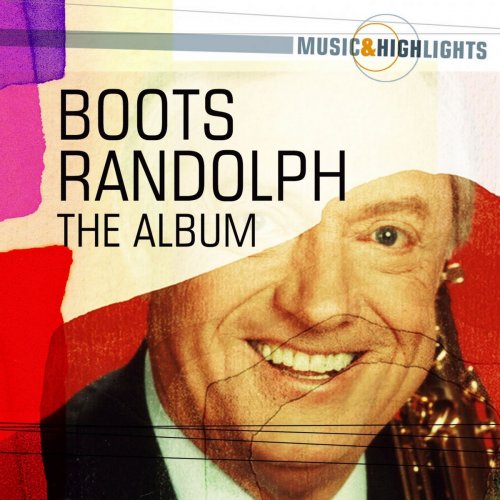
Artist: Boots Randolph
Title: Music & Highlights: Boots Randolph - The Album
Year Of Release: 2012
Label: Music & Highlights
Genre: Jazz
Quality: FLAC (tracks)
Total Time: 63:15 min
Total Size: 393 MB
WebSite: Album Preview
Tracklist:Title: Music & Highlights: Boots Randolph - The Album
Year Of Release: 2012
Label: Music & Highlights
Genre: Jazz
Quality: FLAC (tracks)
Total Time: 63:15 min
Total Size: 393 MB
WebSite: Album Preview
01. Yakety Sax
02. So Rare
03. Stormy Weather
04. The Girl from Ipanema (feat. Vinicius de Moraes)
05. Harlem Nocturne
06. Summit Ridge Drive
07. Take The "A" Train
08. The Shadow of Your Smile
09. April in Paris
10. You Can't Sit Down (feat. Kal Mann)
11. Tangerine
12. You've Lost That Lovin' Feelin'
13. Honky Tonk
14. Tequila
15. Spooky
16. Tuff
17. Flamingo
18. Stranger On The Shore
19. Sleep
20. Night Train
Tenor saxophonist Boots Randolph was an important contributor to the Nashville sound, the set of pop-flavored textures that dominated country music in the late '50s and early '60s. He was born in Paducah, KY, but grew up in small-town Cadiz, in Trigg County. Born Homer Louis Randolph III, he acquired the nickname "Boots" in childhood from his brother Bob. Randolph began playing the trombone in school and learned several other instruments, but by the time he was 16 he had begun to focus seriously on the sax. He honed his chops as a member of the U.S. Army Band during World War II.
After the war, Randolph returned home and performed semi-professionally for some years around Indiana, Kentucky, and Illinois. In the late '50s, Jethro Burns heard him play and suggested he move to Nashville. Burns introduced Randolph to Chet Atkins, who signed him to the RCA label. Randolph also quickly made the acquaintance of Atkins rival Owen Bradley and performed on many recordings Bradley helmed as producer. Nashville's new corps of session musicians spent its leisure time in the Printer's Alley section of the city's downtown, an actual alley (between First and Second avenues) that offered entrance to various basement barrooms, and Randolph became one of the group. Like other Nashville players, he took enthusiastically to jazz and rock & roll in addition to country music.
One single, the 1963 instrumental "Yakety Sax," showed Randolph putting all these influences together and delivering an extremely catchy tune; it became his only real hit. But Randolph was a consistent seller of LP albums (with 13 charted releases) in the 1960s and 1970s; offering pleasant saxophone covers of material from various genres of music, he became a counterpart to Atkins on guitar and Floyd Cramer on piano. He moved from RCA to the Monument label in 1966. For well over a decade, in addition, he averaged 200-300 studio sessions a year on recordings made by others. The saxophone heard on Elvis Presley's later records is likely to be Randolph's.
In 1977, Randolph opened a successful club of his own in Printer's Alley; it endured into the 1990s and spawned another club in the Opryland U.S.A. area. Randolph remained active as an entertainer into the 2000s, and in 1994 the original Yakety Sax album was admitted into the unofficial country canon; it was reissued by Germany's Bear Family label. Randolph suffered a brain hemorrhage in late June 2007 and remained in a coma until his passing at the age of 80 on July 3, 2007. ~ James Manheim
After the war, Randolph returned home and performed semi-professionally for some years around Indiana, Kentucky, and Illinois. In the late '50s, Jethro Burns heard him play and suggested he move to Nashville. Burns introduced Randolph to Chet Atkins, who signed him to the RCA label. Randolph also quickly made the acquaintance of Atkins rival Owen Bradley and performed on many recordings Bradley helmed as producer. Nashville's new corps of session musicians spent its leisure time in the Printer's Alley section of the city's downtown, an actual alley (between First and Second avenues) that offered entrance to various basement barrooms, and Randolph became one of the group. Like other Nashville players, he took enthusiastically to jazz and rock & roll in addition to country music.
One single, the 1963 instrumental "Yakety Sax," showed Randolph putting all these influences together and delivering an extremely catchy tune; it became his only real hit. But Randolph was a consistent seller of LP albums (with 13 charted releases) in the 1960s and 1970s; offering pleasant saxophone covers of material from various genres of music, he became a counterpart to Atkins on guitar and Floyd Cramer on piano. He moved from RCA to the Monument label in 1966. For well over a decade, in addition, he averaged 200-300 studio sessions a year on recordings made by others. The saxophone heard on Elvis Presley's later records is likely to be Randolph's.
In 1977, Randolph opened a successful club of his own in Printer's Alley; it endured into the 1990s and spawned another club in the Opryland U.S.A. area. Randolph remained active as an entertainer into the 2000s, and in 1994 the original Yakety Sax album was admitted into the unofficial country canon; it was reissued by Germany's Bear Family label. Randolph suffered a brain hemorrhage in late June 2007 and remained in a coma until his passing at the age of 80 on July 3, 2007. ~ James Manheim
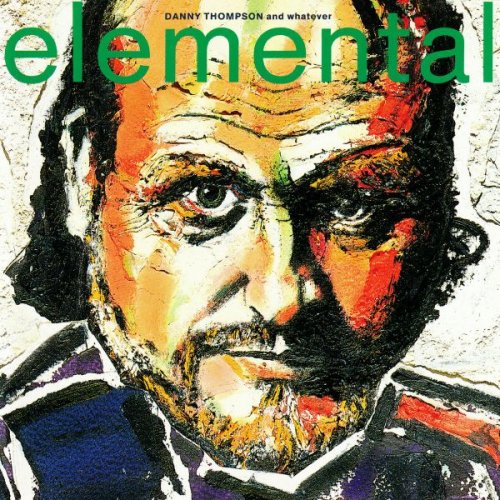
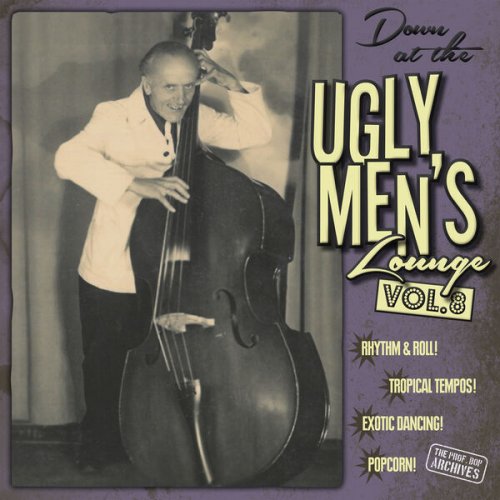
![Acid Mothers Reynols, Acid Mothers Temple, Reynols - Vol. 3 (2024) [Hi-Res] Acid Mothers Reynols, Acid Mothers Temple, Reynols - Vol. 3 (2024) [Hi-Res]](https://img.israbox.com/img/2026-02/21/vgzin7mjpuc9xi8v2ce3z1jc8.jpg)
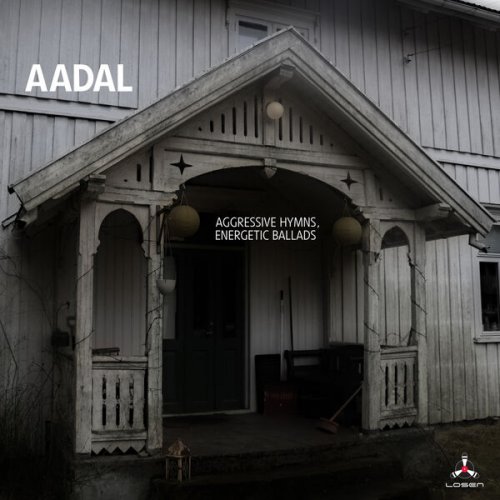
![Bob James, David Sanborn, Tsuyoshi Yamamoto, Susan Wong, Fourplay - The Best Of Evosound Audiophile (2024) [SACD] Bob James, David Sanborn, Tsuyoshi Yamamoto, Susan Wong, Fourplay - The Best Of Evosound Audiophile (2024) [SACD]](https://www.dibpic.com/uploads/posts/2026-02/1771744987_folder.jpg)

